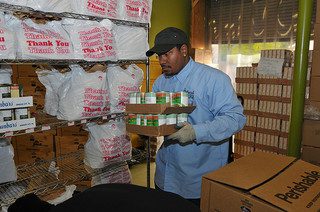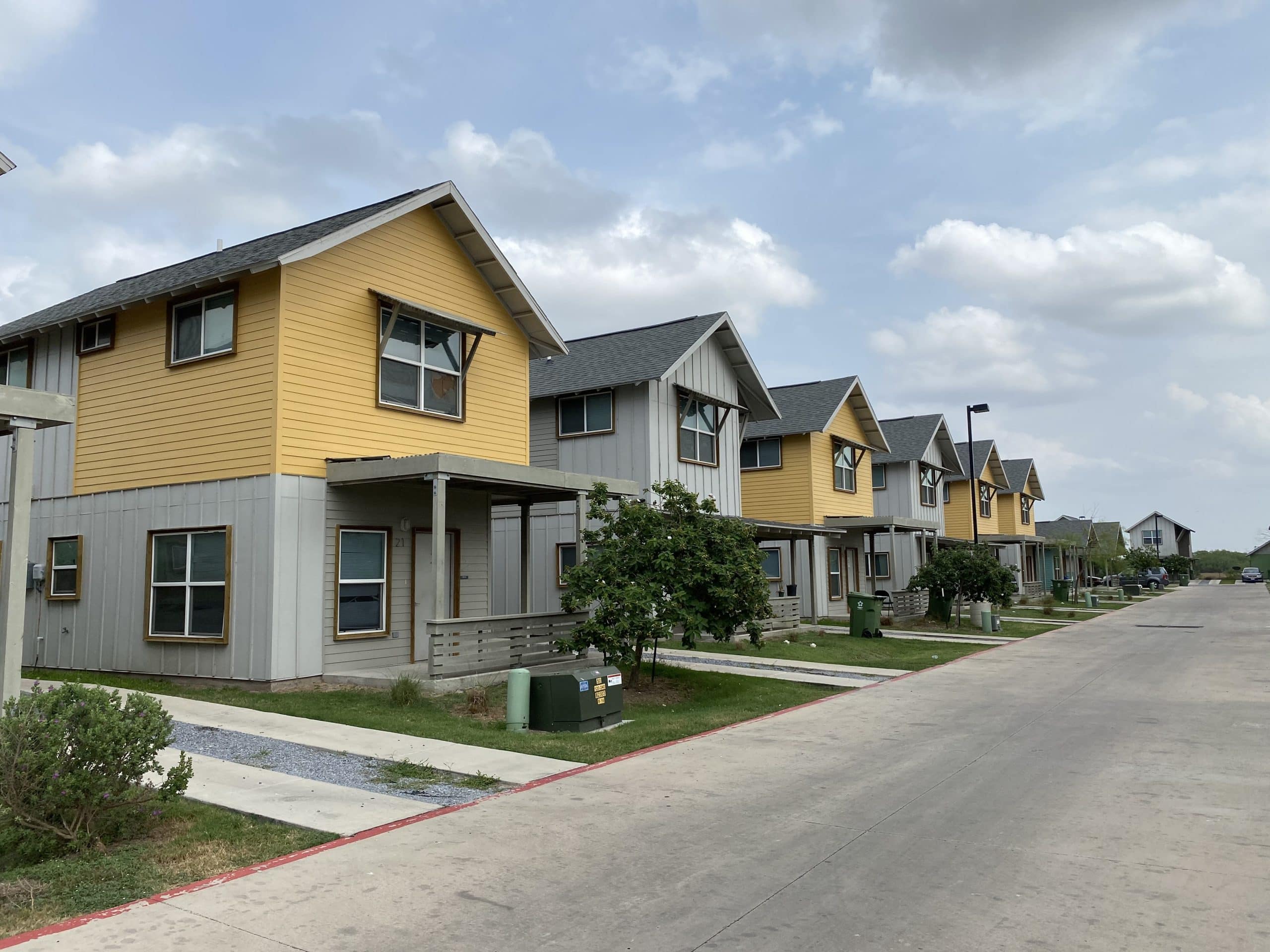
At the opening for the restored house, the director of the historical society related the well-known story of “Stone Soup.” The tale begins with a man who has a pot of hot water with nothing more than a stone in it. Not especially tasty, and he's all alone. Then he is approached by various townspeople, each of whom offers a different vegetable to flavor the soup. In the end the community shares a delicious feast.
The story was a way to put a spotlight on the wide range of people from the community who had come together to restore this valuable historical structure, which provides clues to the origins of many of us.
I was struck by the food metaphor, given that the day before they had cut a ribbon to celebrate an expanded food pantry. The community really came together to make that project happen, too. But what a strange thing, if you think about it, that we are excited about expanding a resource to make sure people have enough to eat, because the local economy and society are otherwise unable to help people thrive.
A recent blog post on dailyyonder.com featured an excerpt from Robert Wuthnow's new book Small Town America: Finding Community, Shaping the Future, in which he talks about the effort and importance of organizing small town fairs. Like saving a historical house, these events and projects can generate enormous amounts of positive energy.
But it’s a lot harder, the author noted, to plan for long-term changes that a community needs, like a local food sector that can help people feed themselves and support their neighbors’ businesses. Or developing a stable supply of reasonably priced housing.
The small victories are certainly important, as long as there is a plan to build toward bigger changes that are sustainable.
(Photo by Bread for the City CC BY-NC-SA)





Comments